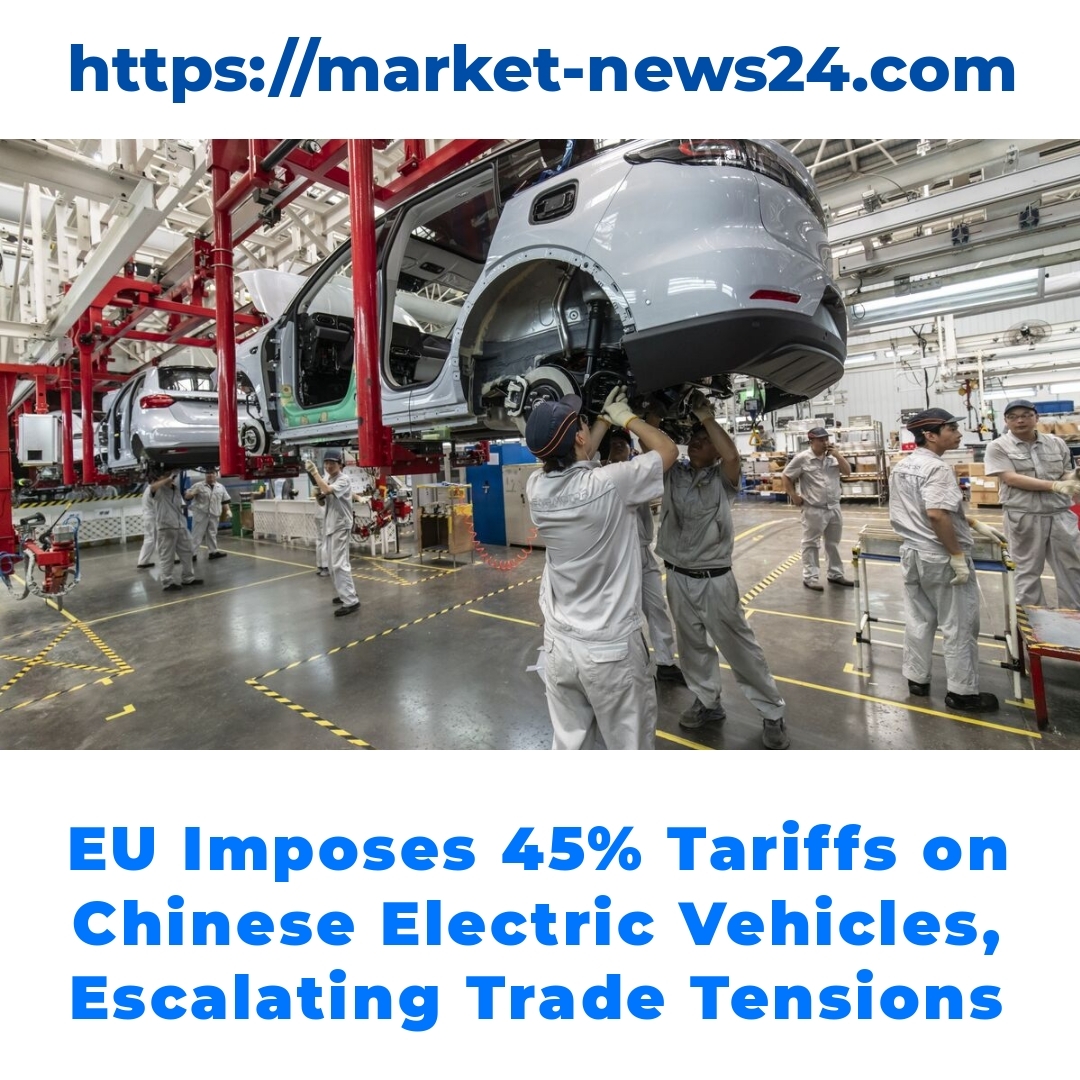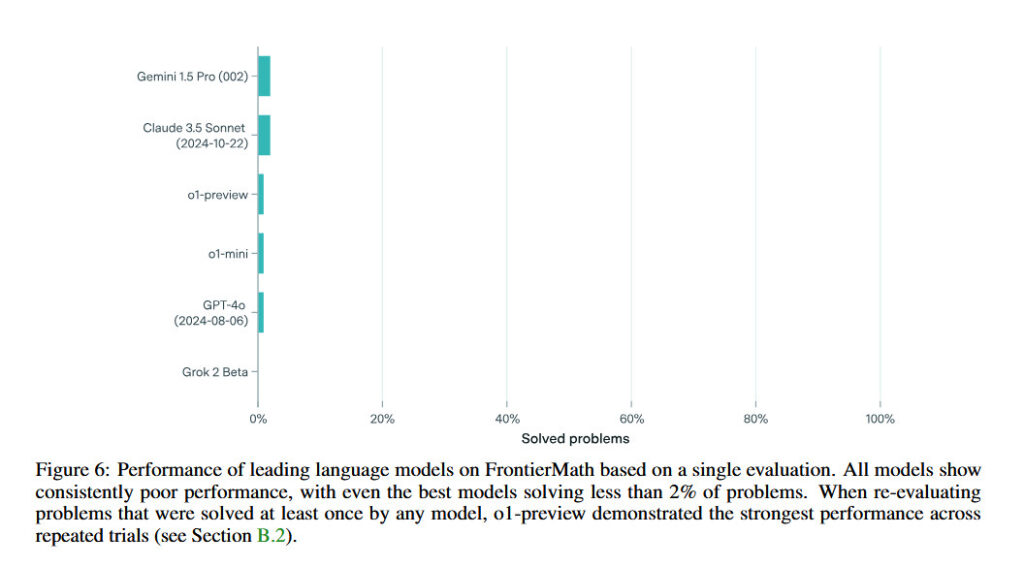The European Union has recently decided to impose significant tariffs on electric vehicles imported from China, known as EU electric vehicle tariffs. This move marks a critical moment in the China electric vehicle trade, potentially reshaping the landscape of electric vehicle markets in both regions and affecting global trade dynamics.


The Context of EU Electric Vehicle Tariffs
Overview of the European Union’s Trade Policy
The European Union trade policy plays a significant role in shaping the economic landscape of its member states. This policy aims to promote free trade while protecting local industries. In today’s economic climate, where electric vehicles are taking center stage, this means striking a balance between encouraging innovation and safeguarding the interests of domestic manufacturers. The decision to impose EU electric vehicle tariffs on imports from China reflects an intention to maintain this balance amidst rising competition.
Background on the Electric Vehicle Market in Europe
The electric vehicle market in Europe has been experiencing a remarkable transformation. Recent trends show steady growth in electric vehicle sales, with many countries pushing towards greener and more sustainable transport solutions. Chinese manufacturers have become key players in this market, providing affordable and innovative electric vehicle options to European consumers. As the EU enforces tariffs, it’s essential to understand how this affects the position of Chinese electric vehicles within the European landscape.
Details of the EU Electric Vehicle Tariffs
Specifics of the Tariffs Imposed
The new tariffs, which can be as high as 45% on electric vehicles imported from China, represent a significant shift in trade dynamics. These tariffs are designed to create a level playing field for European manufacturers. When compared to existing import duties on electric vehicles, these new rates can drastically increase the cost of Chinese vehicles in European markets, potentially driving prices up for consumers.
Reasons Behind the Tariffs
Several factors have prompted the EU to implement these tariffs. There’s growing concern about the level of competition that Chinese manufacturers pose to local businesses, particularly regarding pricing and market share. Additionally, environmental standards have come under scrutiny. This move can also be linked to the broader EU-China trade conflict, with tensions rising over trade practices and industry protectionism.
Consequences of EU Tariffs on Chinese Electric Vehicles
Impact on the China Electric Vehicle Trade
The imposition of these tariffs will have profound implications for the China electric vehicle trade. Chinese manufacturers might face a significant reduction in their market penetration in Europe, which has been a lucrative market for them. In response to this, it’s likely that Beijing will either retaliate or seek new strategies to support its manufacturers.
Economic Implications for the European Market
For European consumers, the impact of EU tariffs on Chinese electric vehicles could lead to higher prices and limited availability of certain models. As these tariffs take effect, shifting consumer behavior may become evident, with buyers potentially turning to local manufacturers or alternative electric vehicle options. This shift could alter the competitive landscape within the European electric vehicle market significantly.
Future of EU-China Trade Relations in the Electric Vehicle Sector
The Evolving Landscape of the Electric Vehicle Market in Europe
Looking ahead, the future of the electric vehicle market in Europe is likely to be influenced heavily by these new tariffs. We could see shifts in market dynamics, with European manufacturers gaining some ground but possibly at the expense of innovation overall. As EU-China trade relations evolve, there might be opportunities for increased cooperation or further tensions, dependent on how both parties navigate this new trade environment.
Long-term Consequences for the Electric Vehicle Industry
Long term, the future of electric vehicles in Europe will hinge on how well manufacturers adapt to the changing regulations and market conditions. There’s potential for innovation to thrive as companies look for ways to compete effectively in this new landscape. However, some manufacturers may decide to shift their production locations or seek partnerships, responding quickly to the implications of EU electric vehicle tariffs.
Conclusion
In summary, the EU electric vehicle tariffs represent a critical juncture in the relationship between the European Union and China regarding the electric vehicle trade. While these tariffs aim to protect local industries, they also carry significant implications for consumers and manufacturers alike. Stakeholders should keep a close eye on developments in the EU-China trade conflict as this situation unfolds, as it will undoubtedly shape the electric vehicle market for years to come.
As we navigate this complex landscape, the balance between protecting local economies and fostering beneficial international trade relationships remains paramount.
What are the EU electric vehicle tariffs?
The EU electric vehicle tariffs are import duties placed on electric vehicles coming from China, which can be as high as 45%. These tariffs are intended to help level the playing field for European manufacturers by increasing the cost of Chinese vehicles in the European market.
Why has the EU imposed these tariffs?
Several reasons have led to the implementation of these tariffs, including:
- Concerns about competition from Chinese manufacturers.
- Protection of local industries and market share.
- Scrutiny over environmental standards.
- Ongoing tensions in EU-China trade relations.
How will the tariffs affect Chinese electric vehicle manufacturers?
The tariffs are likely to reduce the market presence of Chinese electric vehicle makers in Europe, possibly leading them to seek new strategies or retaliate in the trade arena.
What impact will these tariffs have on European consumers?
For consumers in Europe, the tariffs could result in:
- Higher prices for electric vehicles from China.
- Limited availability of certain models.
- A shift in buying behavior towards local manufacturers.
What does the future hold for EU-China trade relations in the electric vehicle sector?
The relationship will likely continue to evolve. There may be opportunities for cooperation or increased tensions, depending on how both sides approach the new trade environment.
How might these tariffs influence the overall electric vehicle industry?
In the long term, the tariffs could lead to:
- Increased innovation among manufacturers as they adjust to the new market conditions.
- Potential shifts in production locations or partnerships.
- A significant impact on the competitive landscape of electric vehicles in Europe.







